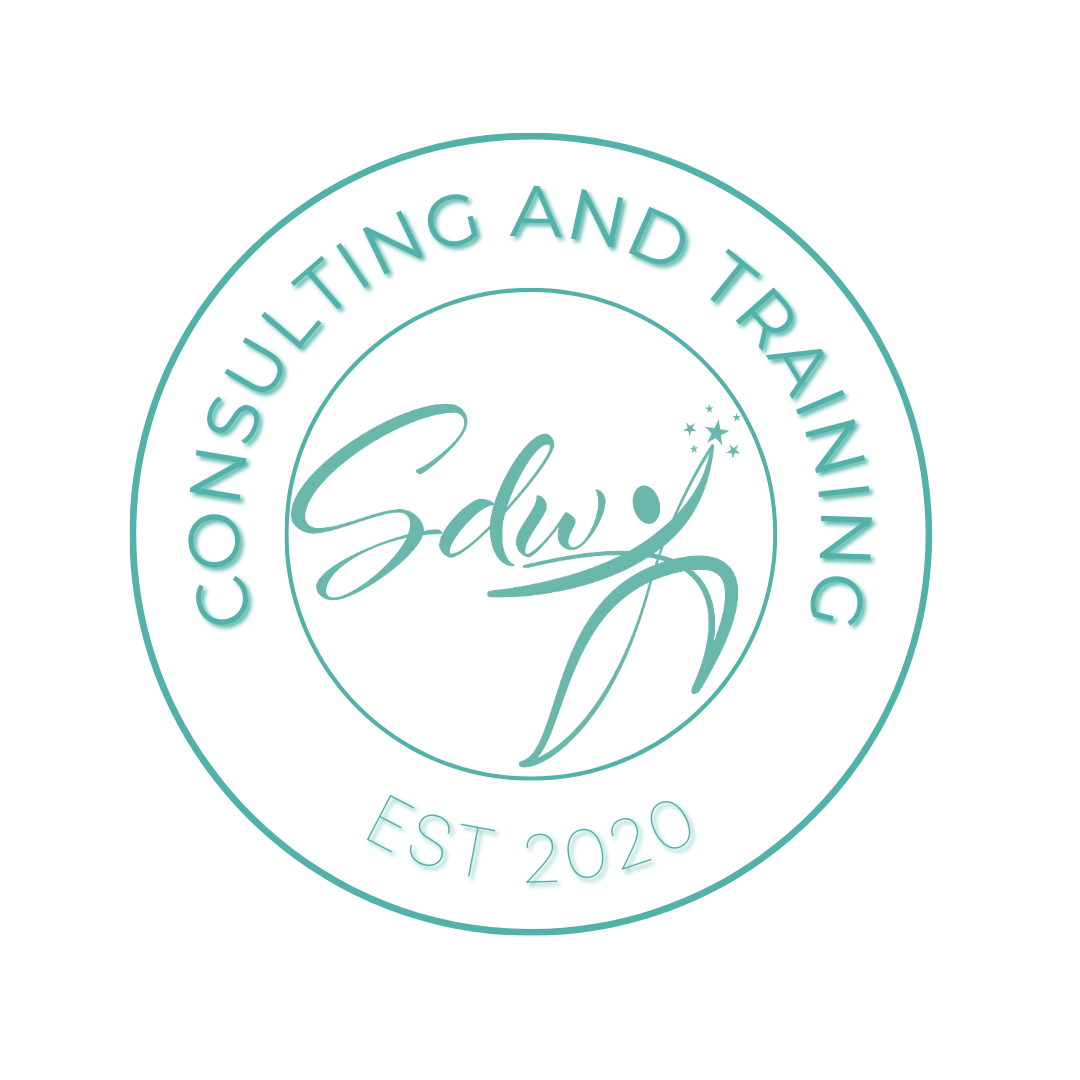Supervising Boot Camp Series: Don't Fall Prey to Unintentional Micromanaging
For the past three years, several managers ranging from executive leadership to new supervisors, specifically in higher education, have been seeking my advice and perspective about different scenarios that involve a range of issues. One issue includes challenges with difficult staff to navigate an ever-changing bureaucratic environment. These situations all had one thing in common: many managers don’t have the resources, support, or mentorship to be successful at supervising. Unfortunately, one-size-fits-all, cookie-cutter conferences or workshops may not address the complicated or unforeseen situations that occur, which at times require a more customized approach. The Supervising Boot Camp Series will provide a variety of scenarios and perspectives that supervisors who may be facing challenging circumstances at work can use.
The Scenario
I recently had a consulting session with an individual who got promoted to an interim Dean position at a college not long ago. Regina had a tough week because of family issues and had to work remotely for one week. Since she thought there would be no supervision of the staff in the office, she met with the team beforehand and requested each staff send her an email in the morning when they got to work and another email before leaving with a summary of what they completed that day. The next day Regina had not received any emails in the morning from her team. Since this was not a typical routine for her staff, she assumed they may have forgotten. So Regina decided to call around 8:30 am, and a couple of her team members were not present. She called an hour later, and some of her staff were still not around. By the third call, all the staff had arrived, and Regina asked the team why they hadn’t sent her an email. They mentioned another on-duty Dean they checked in with and that the summary she was requesting violated their union contract about their responsibilities. Regina was disappointed and asked my opinion about the situation.
The Response
Before I provided my response, I asked if staff had not consistently met or exceeded expectations, and Regina shared that her team was on top of their work. This was critical because if she mentioned any attendance issues, for example, or other related concerns, I would have discussed creating a progress improvement plan or explored other methods for accountability for her staff. In addition, I highlighted as a new supervisor the importance of familiarizing herself with company rules, guidelines, human resources protocols, union contracts to help protect her and the rights of her employees before implementing new processes. Consequently, my perspective and response to this particular scenario were, “I understand your intention to create structure and accountability for your team while you were away. However, from an employee perspective, it seemed like you were trying to micromanage your staff from home. What it is conveying to your team, and unintentionally from you, is you don’t have enough trust that they will complete their work when you are not around.”
The phone call immediately fell silent for a moment as Regina reflected. Finally, after a long pause, she said, “That was not my intention. I just wanted to ensure they were completing their tasks, and I wanted to create a structure for them while I was away.”
One skill of being a great leader is listening to all that is said and unsaid. I could have continued the conversation touching on this point, but at that moment, hearing her pause alerted me to a shift or capacity for understanding. So in that conversation, the nugget or topic I elected to focus on was building trustworthy relationships with staff. Let’s get real for a moment. How many of us have had trust issues with staff? Especially during this pandemic, monitoring remote work activity has been extremely difficult. Now, I’m not saying her staff questioning what was being requested was right, but one of the most important rules of being an effective leader is building and establishing trust within a team. Part of that trust is letting go of the reign of power to provide individuals within your group an opportunity to lead amongst themselves.
For many of us beginning in a new management role, many decisions are made through trial and error. An article titled SHRM Survey: Workers Think Managers Need More Training by Dana Wilkie found “84 percent of U.S. workers say poorly trained managers create a lot of unnecessary work and stress,” according to the new Society for Human Resource Management administered a survey in 2020.
What has helped me excel at managing is always putting myself in my staff’s shoes to understand their perspective.
Below are some tips to help build and establish trust within your team:
If you are new to the organization, be sure you spend time learning each of your staff roles and responsibilities, if time permits. Coordinating 15-30 minute meetings with individuals on your team to listen and understand the ins and outs of their position builds trust because it shows compassion for individuals on the team and the impact of their role within an organization.
Share your leadership style and values with your team. During an interview, managers frequently share their leadership style and vision for their oversight area. However, that is not always shared with members of the team. Make it a practice to share your values and leadership style that align with your department or organization’s mission and vision.
Weekly meetings with team members: Your time is one of the most essential gifts you can give to staff. It creates opportunities to dismantle rumors, address conflict before it escalates, and offers support for tasks or assignments. I encourage you to set aside time with each staff member, either weekly or bi-weekly, to check in. On a meeting agenda, you can phrase questions with mutually inclusive language that develops a partnership, bond, and equal investment in accomplishing goals or tasks that will contribute to the success of your staff and not just the work itself. During check-in meetings, here are some questions to ask on the agenda:
How are things going and how are you feeling?
What are the accomplishments or wins you want to share?
What have you been working on currently? Are there any roadblocks I can assist you with to ensure you complete your assignment or project?
Is there anything preventing you from performing well in your personal or professional life, and is there any way I can support you?
Having a coach or mentor can make a world of difference to your success! If you need support, SDW Consulting & Training offers individual coaching sessions to assist with navigating the complexities of supervising and can help address your personal learning needs and capabilities to improve job performance. Visit our website to schedule an appointment or subscribe to our monthly blogs at www. sdwct.com.

